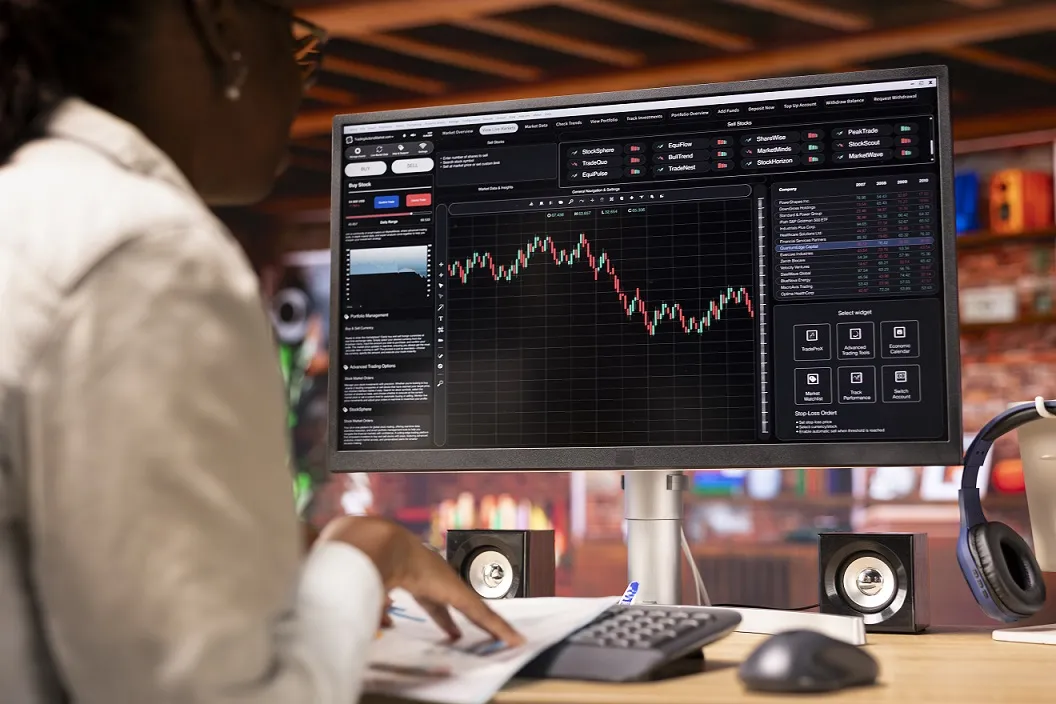In recent years, Nigeria has emerged as one of the world’s most active countries in cryptocurrency and forex trading. From the bustling streets of Lagos to the tech hubs in Abuja and Port Harcourt, millions of Nigerians are embracing these digital financial markets with open arms. But why are Nigerians so drawn to crypto and forex? Below are ten key reasons behind this growing financial revolution.
1. Weak Naira and Inflation
The declining value of the Nigerian Naira has been one of the strongest motivators pushing people toward crypto and forex. With inflation constantly eroding savings, many Nigerians view digital assets like Bitcoin, USDT, and forex currencies such as USD and GBP as better stores of value. Unlike keeping money in a local bank account that depreciates daily, holding or trading in stronger global currencies helps preserve wealth.
2. Financial Independence and Dollar Opportunities
Crypto and forex offer Nigerians the chance to earn in dollars — a huge attraction in a country where foreign exchange is limited and expensive. Whether through day trading, peer-to-peer exchanges, or long-term holding, these platforms give users the ability to operate in international markets without needing a physical bank abroad. This sense of financial independence is powerful in a country where access to global finance has historically been restricted.
3. Youthful and Tech-Savvy Population
Nigeria boasts one of the youngest populations in the world, with a median age of about 18. This generation is highly digital, tech-curious, and eager to explore alternative income sources. With widespread smartphone usage and improving internet access, more young Nigerians are learning about blockchain technology, decentralized finance (DeFi), and forex strategies through social media and online courses. The rise of crypto influencers and forex educators on TikTok, YouTube, and X (Twitter) has only fueled the interest further.
4. Limited Job Opportunities
The high unemployment rate in Nigeria has pushed many young people to look for alternative means of livelihood. Crypto trading, forex analysis, and even staking or yield farming have become practical ways to earn from home. Platforms like Binance, OKX, and Deriv have thousands of Nigerian users who have turned these markets into full-time or side-income careers. For many, trading represents not just financial freedom but survival in a tough economy.
5. Easier Cross-Border Transactions
Traditional banking systems can be slow, expensive, and restrictive when it comes to international transfers. Crypto provides an easier and faster alternative. With stablecoins like USDT and USDC, Nigerians can send and receive payments globally within minutes — without needing foreign accounts or worrying about currency restrictions. This has made crypto a preferred option for freelancers, importers, and online entrepreneurs.
6. Distrust in the Banking System
Years of failed financial policies, bank collapses, and limited customer protection have made many Nigerians skeptical about traditional banks. Crypto, on the other hand, offers a decentralized and transparent system where users can control their own funds. Forex traders also feel more empowered managing their own capital and trading decisions, rather than relying on slow or unreliable local financial institutions. This independence from traditional finance has been a huge psychological and practical advantage.
7. Rapid Growth of Online Trading Communities
Another reason for the boom is the strong sense of community. Nigerian traders have formed large online groups and forums on Telegram, WhatsApp, and Discord where they share signals, strategies, and market news. This has made trading a social experience — something that appeals to the collective spirit of Nigerians. These communities also help beginners learn faster and gain confidence in navigating complex markets.
8. Government Restrictions on the Economy
Paradoxically, government restrictions have only increased interest in crypto and forex. When the Central Bank of Nigeria (CBN) limited foreign currency access and discouraged banks from supporting crypto transactions, Nigerians turned to peer-to-peer (P2P) trading and blockchain wallets. This resilience demonstrated a powerful truth: the more restrictions imposed, the more innovative Nigerians become. The result has been a decentralized, fast-growing financial culture that thrives beyond traditional regulations.
9. Desire for Global Connection
Crypto and forex connect Nigerians to the global economy. Through these platforms, traders can monitor global events, interpret economic data, and participate in markets once reserved for elites or international bankers. The ability to analyze charts, follow world news, and execute trades alongside traders from Asia, Europe, and America gives Nigerians a feeling of global participation and empowerment.
10. The Promise of Financial Growth
Ultimately, Nigerians are drawn to crypto and forex for the same reason people invest in any market: the potential for profit. The stories of traders turning small investments into life-changing gains circulate widely across the country. Whether it’s through Bitcoin appreciation, forex leverage, or early adoption of new tokens, Nigerians are motivated by the hope of financial growth. This hope, combined with persistence and innovation, continues to drive massive participation.
The rise of crypto and forex across Nigeria is not just a financial trend — it’s a cultural and economic movement. It reflects a population that is resilient, adaptive, and eager to redefine how money works in their daily lives. As technology advances and regulations become clearer, Nigeria will likely remain one of Africa’s strongest markets for crypto and forex adoption.
In a country where creativity meets necessity, Nigerians have found in digital finance a powerful tool to take control of their futures — one trade at a time.
